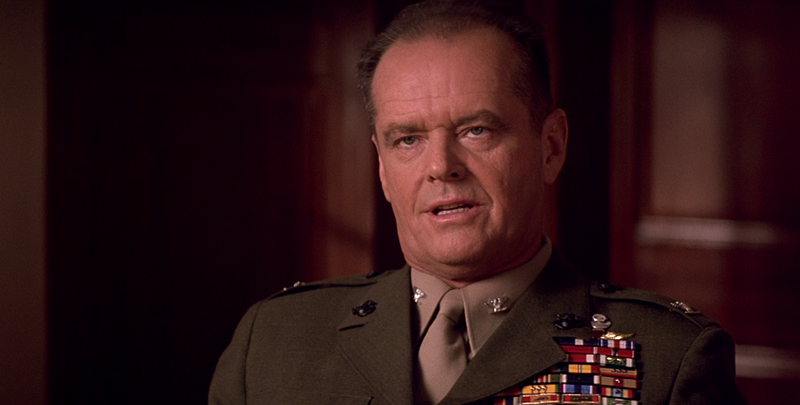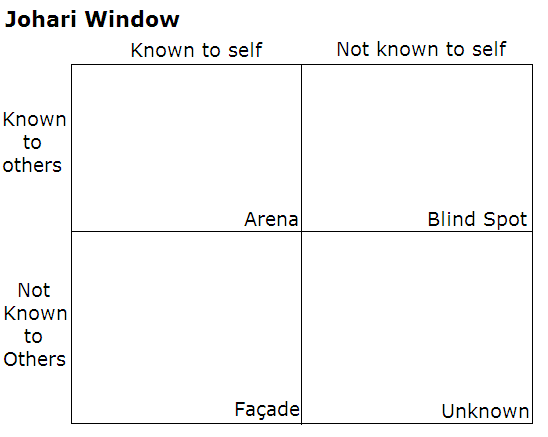
“The reasonable man adapts himself to the world: the unreasonable one persists in trying to adapt the world to himself. Therefore all progress depends on the unreasonable man.” — George Bernard Shaw
Duration neglect is the psychological observation that people’s judgments of the unpleasantness of painful experiences depend very little on the duration of those experiences. Such judgements are determined by the peak (when the experience was the most painful) and then how quickly the pain diminishes. If it diminishes more slowly, the experience is judged to be more painful. Hence, the term “peak–end rule” describes this process of evaluation.
International best-selling author and psychologist Daniel Kahneman undertook a study entitled “When More Pain Is Preferred to Less: Adding a Better End”. In the study participants placed their hands in freezing cold water for 60 seconds. At the end they could experience a further 30 seconds of slightly less cold water. When offered the choice nearly 3/4 of participants opted for 90 seconds over 60 seconds. This is because they remember the last 30 seconds, hence what Kahneman dubbed the peak-end rule.
As Yuval Noah Harari mentions in “Homo Deus” nature has known this for years, the pain of childbirth is often overshadowed by the elation at the end, the joy of the medical staff, the family, the friends. Dentists too know this too, children are often (rather ironically) given a lollipop after getting their teeth checked or filled, they associate the dentist with the peak end of the lollipop and not the procedure.
Narrating Self v Experiencing Self
Kahneman uses these experiments to describe two selves. The experiencing self is the fast, in-the-moment experiencer. This self is concerned solely with the quality of “experiencing” our life experiences. The narrating/remembering self is the slow, rational, thinker, who narrates “the story’ of our experiences.
With regard to the experiment and examples above, the narrating self mostly wins out. This self changes in the story, embellishes it and edits it. In an aim of self preservation we always tell the best possible account to both ourselves and to others.
This is done in business all the time.
Movies of the Mind
We narrate best case scenarios to overcome poor/mediocre/difficult experiences.
From a mental Health perspective it is hugely important to tell oneself positive stories. Hence, the idea of journaling positive experiences at the end of the day. Those positive memories “bed in” over night.
In the transition from professional sport to business one thing constantly struck me. Many professional sportspeople are extremely hard on themselves. After a game if someone said “Well played”, we would often remember the mistake(s) we made more than the opportunities we created. While I often felt I should have told myself better stories, the truth is we were hard on ourselves and pushed ourselves. I have spoken to many successful people about this. They all did/still do it. They all face the uncomfortable truth. By facing it, you can take action, you can change it, you can improve it.
Business Johari Windows
Psychologists Joseph Luft and Harry Ingham, created the Jo-Hari model in 1955. It is a technique used to help us better understand our relationship with ourselves and others. Others see us very differently than you see ourselves, (than our narrating self sees us).

You describe yourself from a set list of adjectives, then ask your colleagues to describe you from the same set list. These are placed in the grid above and compared. (There is an online version here.)
We need to do this with business, businesses see themselves as they want to see themselves, in the best possible light. Legacy businesses often struggle to break the perceptions of themselves and face harsh reality. As you will have read on this blog before, they would rather develop a better version of themselves rather than reinvent themselves.
As John Maynard Keynes said:
“Worldly wisdom teaches that it is better for reputation to fail conventionally than to succeed unconventionally.”
The Hard Facts Self, The Uncomfortable Self?
In business we tell the board the best possible account of the experience. We do this with our customers too. So many companies manufacture a product or service and feel then the job is done.
They treat business like a monologue, they do not have a dialogue with their customers and they certainly rarely listen to the trialogue, which is both a conversation with the customer and listening to customer-to-customer conversations via blogs, review sites and forums.
Many business narrate that all is well, instead of facing the facts. They narrate that the startup is nothing to worry about, just like Blockbuster did with Netflix.
The Overload Principle
In strength/weight training there is the overload principle. It states that when you add greater than normal stress or load on the muscle, the muscle will adapt to accommodate that stress or load.
If you do it once, you will just shock your muscles and they will be sore for several days after. If you do it for several days and then stop, little or no change will occur. When you do this regularly the body will adapt to the stimulus and regenerate.
By doing such exercise regularly you will change your body. However, you will once again plateau and need to overload further by adding more weight and in particular change up your routine.
This is exactly the same for businesses and the minds who run them.
For me life is continuously being hungry. The meaning of life is not simply to exist, to survive, but to move ahead, to go up, to achieve, to conquer. — Arnold Schwarzenegger
Face the Ugly Truths and Stretch Yourself
We work so hard to get ourselves into a position of “growth”, where we pass the pain threshold. That is when the growth happens. We all need to experience a pain threshold in order to grow.
If we don’t listen to the experience over the narrator, we can never grow.
“Use it or lose it” is an expression we hear in respect to many aspects of life, your brain, your knowledge, your muscles. If we do not continue to stretch, we stop growing, we stagnate, we die.
Staying still is actually going backwards. The journey is the growth, but we need to keep stretching ourselves. Our bodies crave new growth, our minds crave new stimulation and our lives crave new experiences, if business does not do the same it will be disrupted.
Thank you for Reading, please hit a like so others may see this.
On this week’s innovation show we talk to Barney Loehnis. Barney has a diverse rich background as a Chief Digital Officer, in digital transformation, customer experience, digital product management & integrated marketing. He gives us insight into the future of work, the disruption facing business and how data can help us make better choices in our lives.
https://soundcloud.com/theinnovationshow/ep-46-data-can-help-us-make